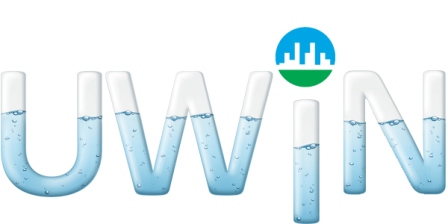UWIN Student Directory
The Urban Water Innovation Network benefits tremendously from the voices, creativity, energy and innovative ideas of our students and young professionals.

Aldo Brandi
PhD Student in Geographical Sciences and Urban Planning, Arizona State University
Research Brief: My research focuses on Urban Climates and deals with WRF model simulations of projected climate change, urban expansion and adaptation strategies in the Conterminous US. I am interested in investigating the trade-off between achieving thermal comfort improvement and potential implications for air quality in urban settings.
Project link: Effects of Climate Change, Urban Expansion and Densificiation, and Adaptation Strategies on the PBL depth of US cities
Email: abrandi@asu.edu
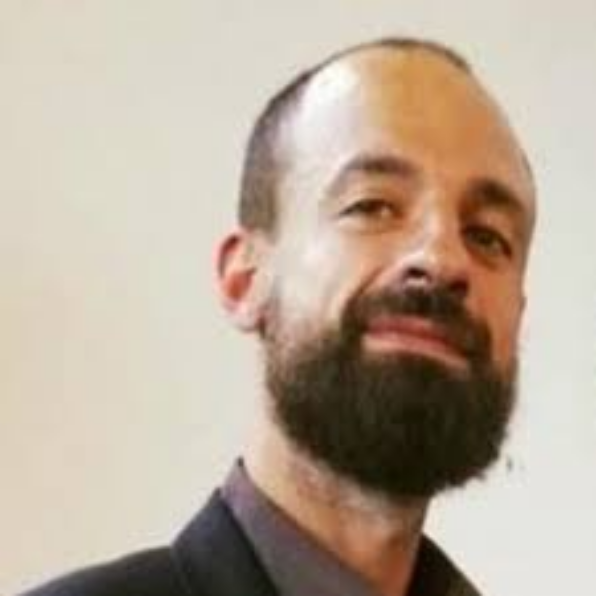
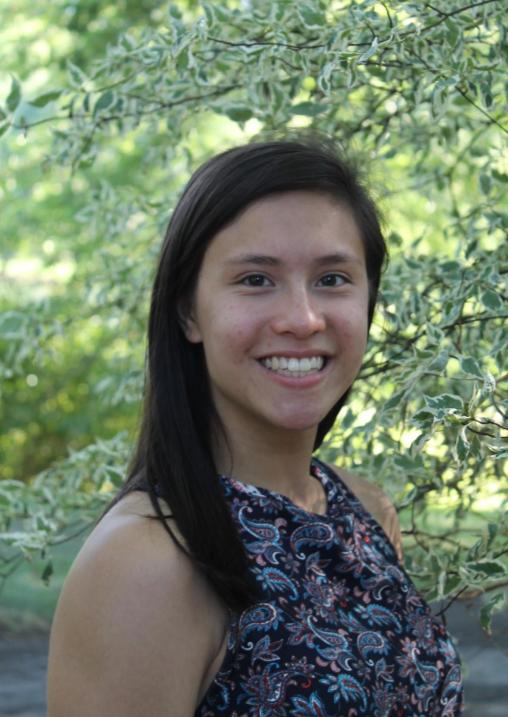
Elana Chan
Undergraduate in Environmental Engineering and Community Health, Tufts University
Bio: Current B.S. student in Environmental Engineering and Community Health at Tufts University
Research Brief: UWIN URP research developed tools to assess the long-term and multifunctional performance of green infrastructure using Detroit, MI as a case study. I modeled the storage of stormwater in a retrofitted bioswale and tracked image-derived greenness from repeat digital images of a bioswale and the Detroit cityscape.
Project Link: https://erams.com/UWIN/2019-urp-cohort/
Email: Elana.Chan@tufts.edu
Molly M. Chaney
PhD candidate in Civil & Environmental Engineering, Princeton University
Bio: BA, Geophysics & Mathematics, Washington University in St. Louis; MA, Civil & Environmental Engineering, Princeton University. Currently a Ph.D. candidate in Civil & Environmental Engineering at Princeton University, on the Environmental Engineering and Water Resources track.
Research Brief: The WSR-88D network of NEXRAD radars was recently upgraded to polarimetric technology. The upgrade has created opportunities for refining extreme rain rate calculations that have not yet been fully harnessed. I use polarimetric radar to refine rain rate calculations while maintaining the fine temporal and spatial resolution necessary for studying extreme storms that cause severe urban flash flooding. My work focuses on both tropical cyclones and inland supercell storms, with the end goal of developing a new rain rate algorithm that takes full advantage of polarimetric radar measurements.
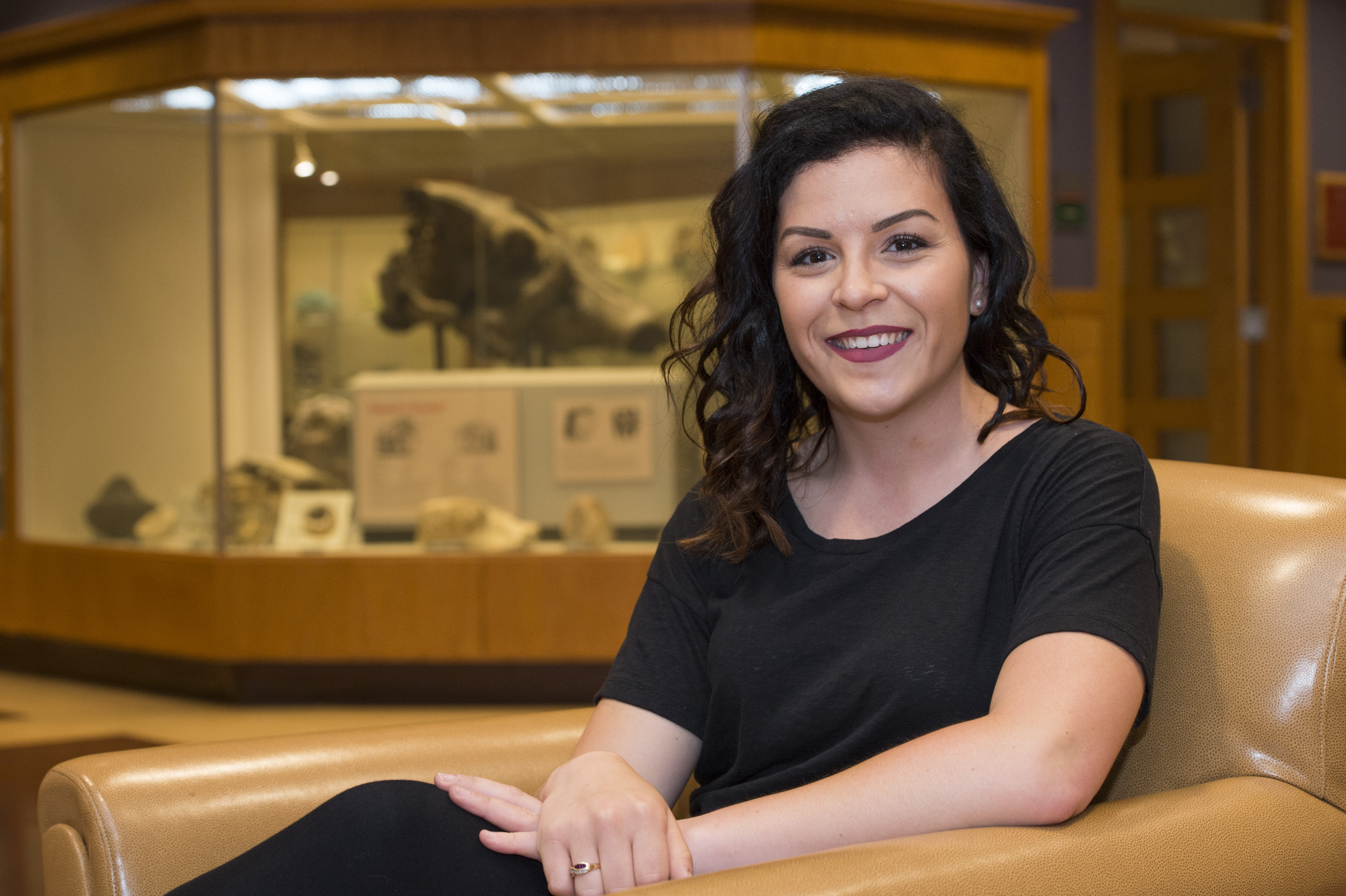
Project Link: hydrometeorology.princeton.edu
Email: mchaney@princeton.edu
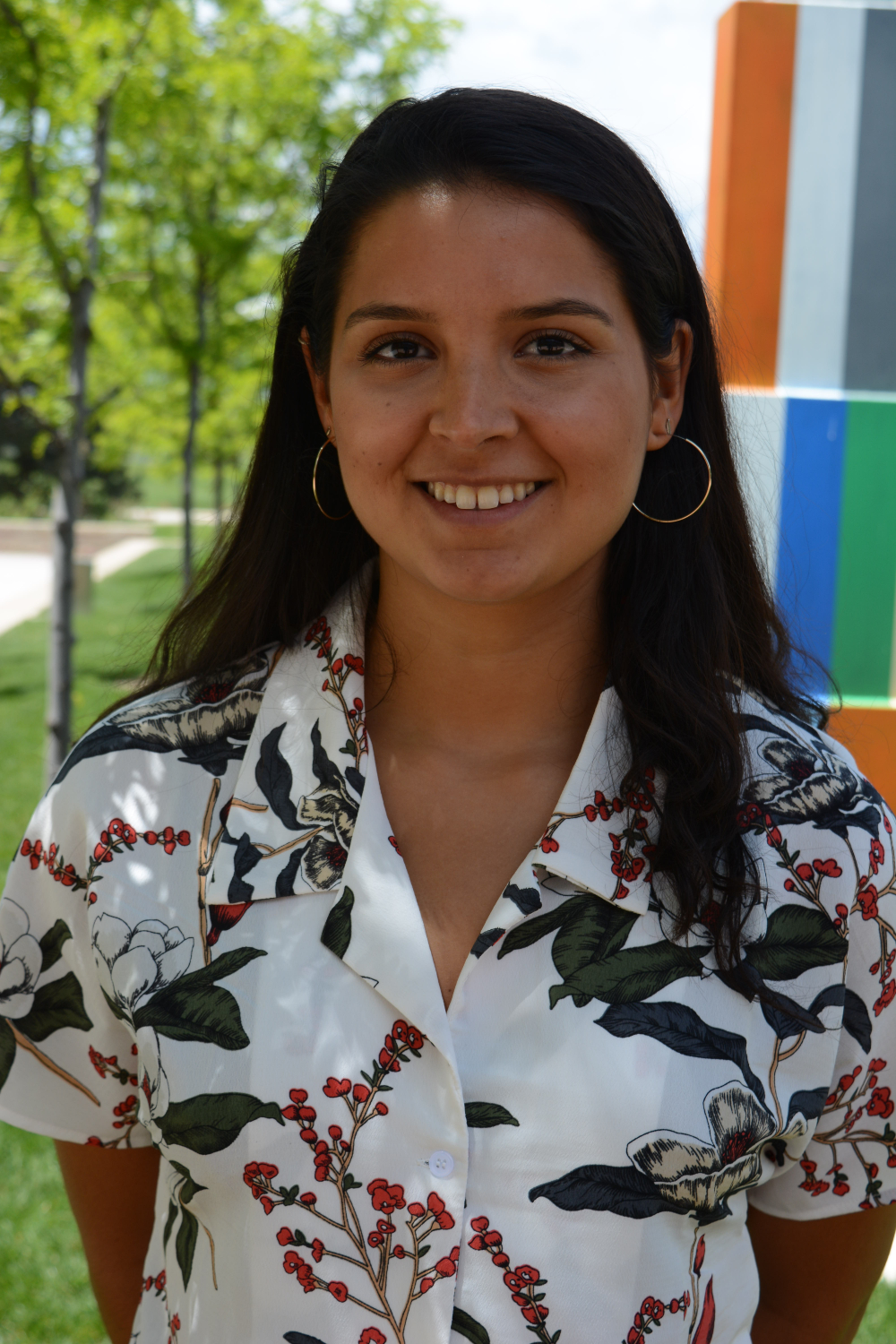
Ryan Correa
Undergraduate in Public Health and Environmental Studies, Franklin and Marshall College.
Bio: Currently an undergraduate student majoring in Public Health and Environmental Studies at Franklin and Marshall College.
Research Brief: My UWIN research assessed the accuracy of a popular and widely used method of measuring utility affordability in the United States. We surveyed residents in Qualtrics about their experiences with utility affordability using Qualtrics and Amazon’s mechanical turk.
Project Link: https://erams.com/UWIN/2019-urp-cohort/
Email: rcorrea@fandm.edu
Noelle K. Fillo
Master’s Student in Civil Engineering, Colorado State University
Bio: I received my Bachelor of Science degree in Environmental Engineering, (Ecological Engineering concentration) from Colorado State University in Fall 2016. I am currently pursuing a Master of Science degree in Civil Engineering, (Hydrologic Science and Engineering concentration) at Colorado State University. My anticipated graduation is in Spring 2020.
Research Brief: My thesis research aims to quantify municipal water contributions to urban baseflow using streamflow and water-stable isotope analyses. Along with collecting tap water and composite meteoric water samples, I took biweekly surface water samples from 15 watersheds in the Denver metropolitan area. The isotopic composition of these samples are currently being analyzed and interpreted to help understand how urbanization has affected local hydrology.
Email: n.k.fillo@gmail.com
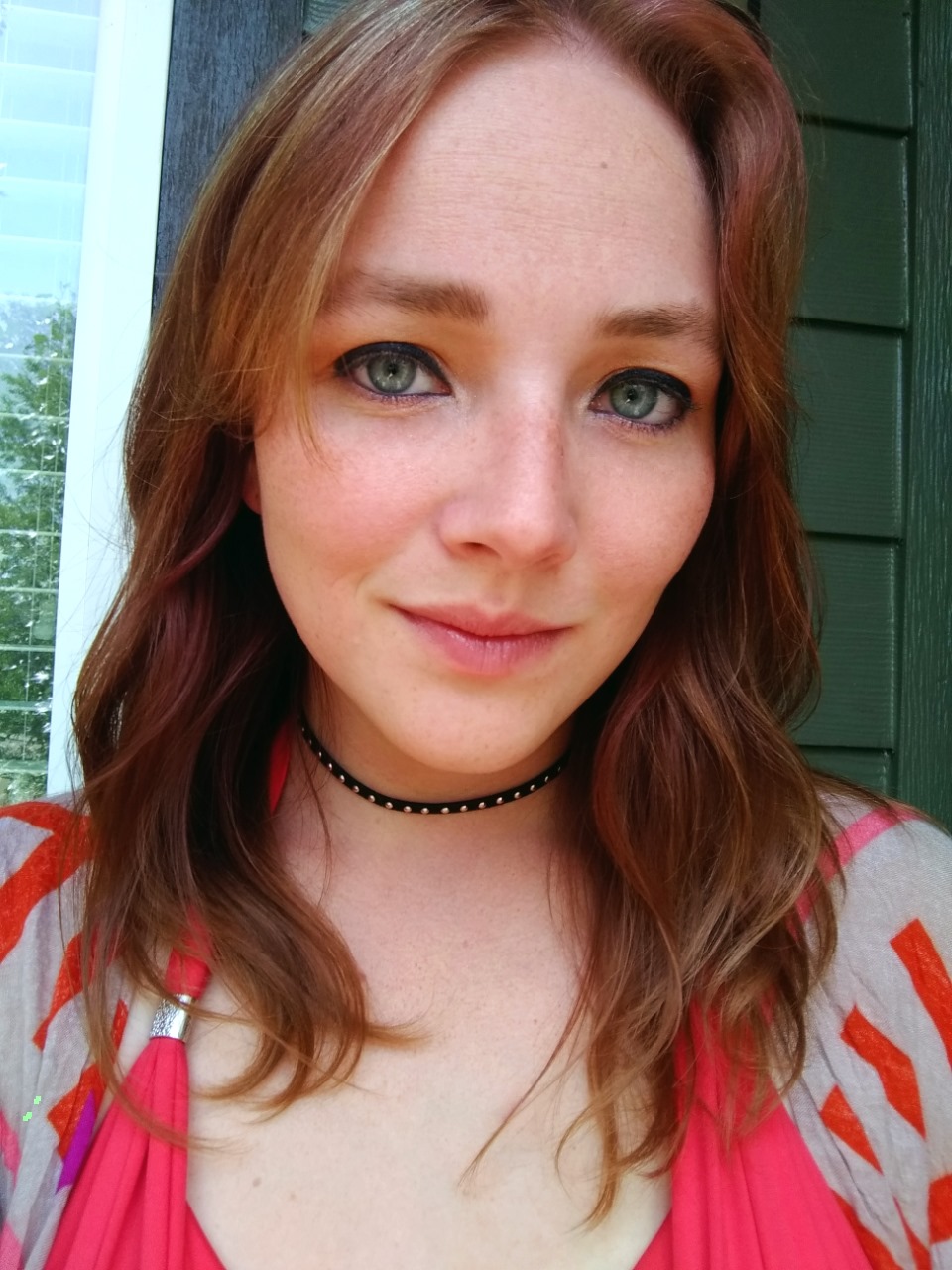
Project Link: https://erams.com/UWIN/c1-1/
Edna Liliana Gomez Fernandez
PhD Candidate in Government and Public Policy, University of Arizona
Bio: BA in Economics, Masters in Public Policy and Administration, PhD in Government and Public Policy at the University of Arizona (expected graduation May, 2020)
Research Brief: My research focuses on stakeholders who participate in policy processes and the mechanisms they use, resources they exchange, and policy change that they drive. In my research I use a multidisciplinary approach and dialogue across disciplines in order to understand and provide useful and applicable solutions in water management. Also, I do research in developing countries, particularly in Latin America and Africa. Prior to my participation in UWIN project, I conducted research in the following topics: Economics of Climate Change, Economic Valuation of Environmental Services, Urban Development, Policy Evaluation, and National Security.
Mahshid Ghanbari
PhD candidate in Civil Engineering, Colorado State University
Bio: B.Sc. in Civil Engineering, M.S. in Highway and Transportation Engineering. Currently a Ph.D. candidate in Civil & Environmental Engineering at Colorado State University, on Water Resources Planning and Management
Research Brief: My current research is focused on developing a probabilistic framework for assessing compound flood frequency and predicting future flood risk to assets and socioeconomic sectors in coastal cities across the United States under non-stationary sea-level conditions. My project evaluates the increasing flood risk due to the co-occurrence of heavy precipitation and storm surge in low-lying coastal areas of the U.S.
Project Link: https://erams.com/UWIN/b3-1/
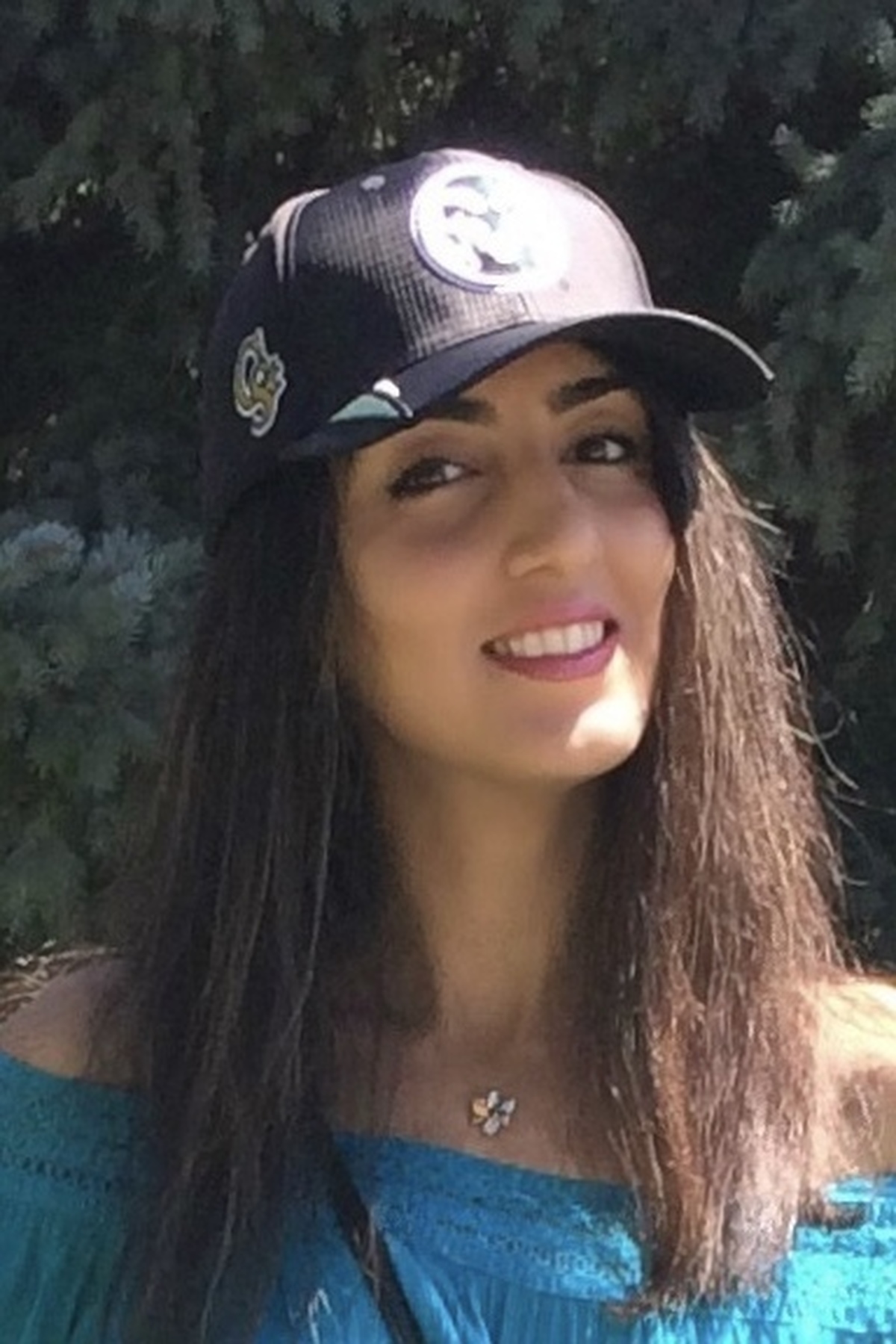
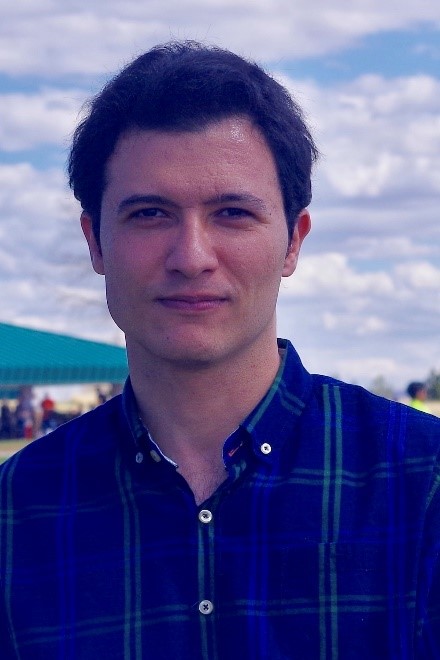
Hadi Heidari
PhD Candidate in Civil & Environmental Engineering, Colorado State University
Bio: B.Sc. in Civil Engineering, and M.S. in Civil Engineering-Water. Currently a Ph.D. candidate in Civil & Environmental Engineering at Colorado State University, on Water Resources Planning and Management
Research Brief: My current research deals with quantifying future vulnerability of U.S. water supply systems to water shortage and extended droughts under nonstationary water supply and demand conditions.
Project Link: https://erams.com/UWIN/a1-1/
Email: hadi.heidari@colostate.edu
Peter C. Ibsen
PhD candidate in Botany and Plant Sciences, University of California – Riverside
Bio: Currently a PhD Candidate at University of California Riverside, working in the Department of Botany and Plant Sciences. I have been conducting research with Dr. G. Darrel Jenerette for 4 years. Before graduate school I was a landscaper and community college student.
Research Brief: Exploring mechanisms for vegetation derived air cooling in U.S. cities
Project Link: https://erams.com/UWIN/a3-1/
Email: pibse001@ucr.edu
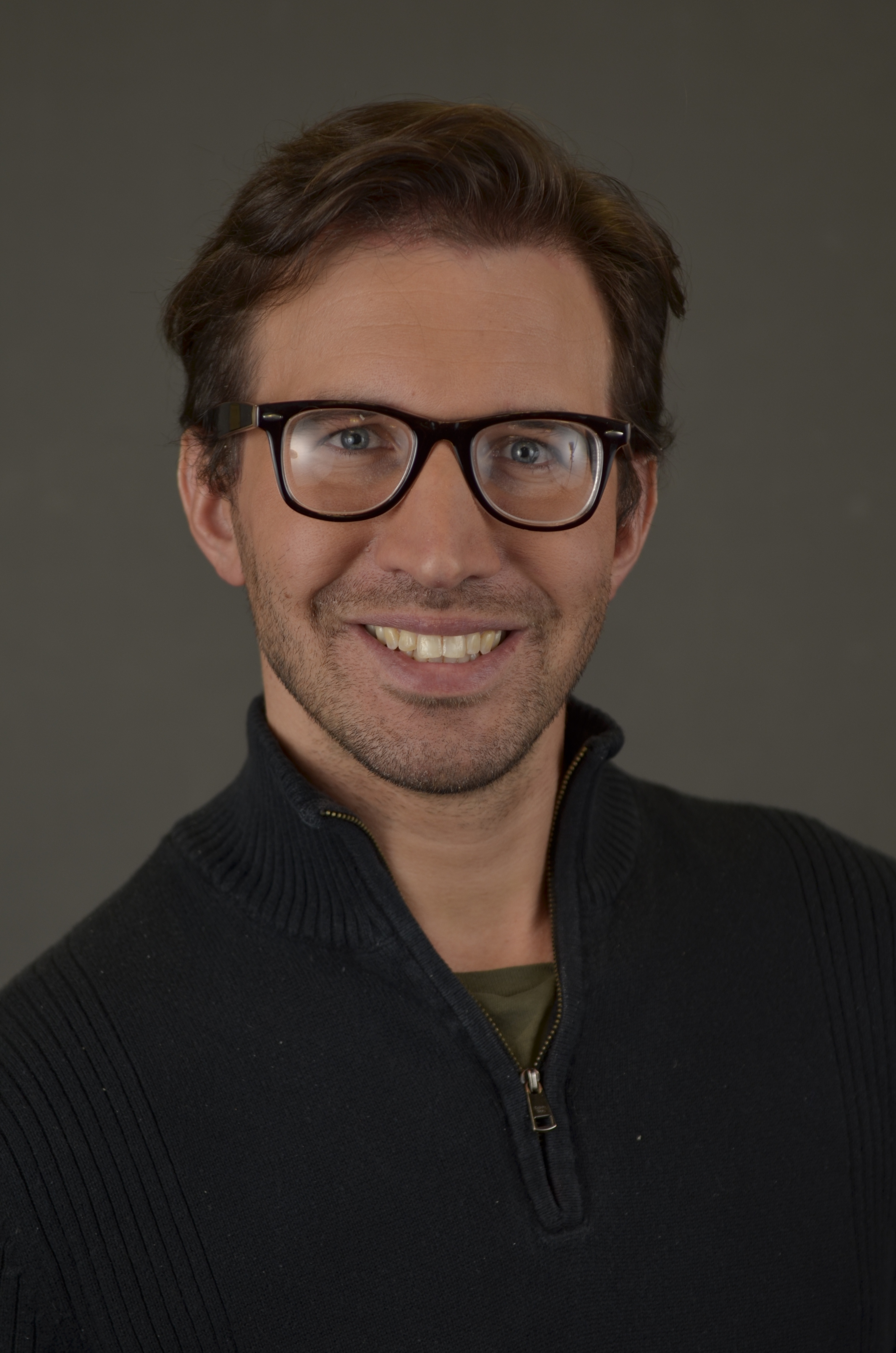
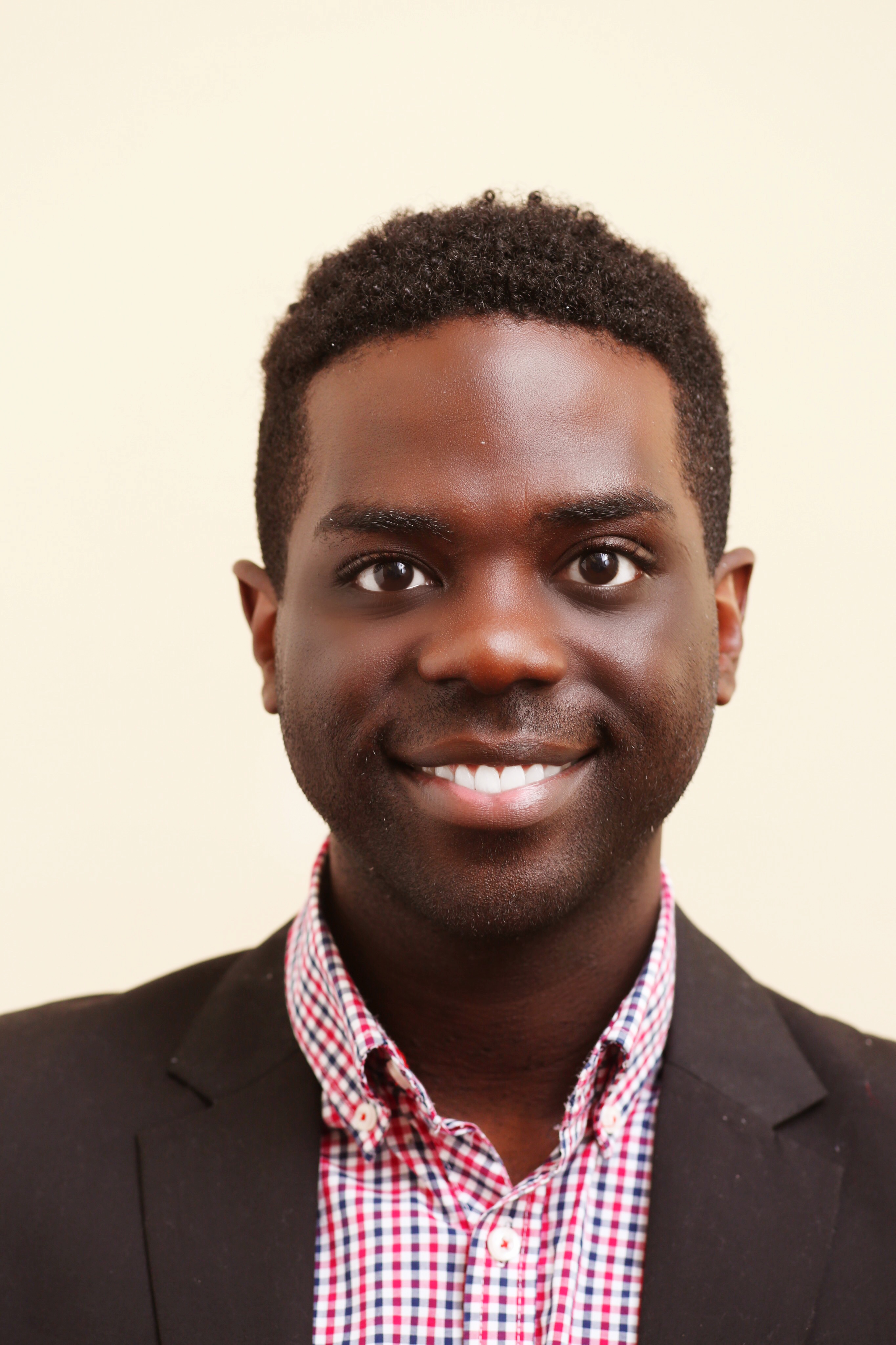
Project Link: https://erams.com/UWIN/c2-1/
Email: tkirby@fiu.edu
LinkedIn: https://www.linkedin.com/in/timothy-kirby-29a603114
Timothy Kirby
PhD Candidate in Earth Systems Science, Florida International University
Bio: B.A. in Sustainable Development from Columbia University, M.S. in Environmental Science from Florida International University, currently a PhD Candidate in Earth Systems Science with a concentration in Natural Resource Science and Management from Florida International University
Research Brief: Strategies for improved flood resilience, stormwater management, distributed infiltration, green infrastructure, and community scale reuse of reclaimed and graywater are at varying stages of development and implementation. Technological innovations mean little if they are not widely adopted by homeowners and communities. Understanding household scale adoption of these different strategies, and the factors that influence it, is critical to the identification of promising pathways toward sustainability. However, understanding how adoption decisions are made, and might be influenced, is challenging for an array of reasons that include the distant time horizons involved, the lack of contemporary understanding of the technology, and the ultimate dependence of adoption on social and media factors that are difficult to forecast. The key questions to be addressed include:
- How likely are different technological solutions to be adopted by current and future households?
- How can those strategies be refined to increase the chances of large-scale uptake?
- What are the most effective methods of education and communication for these different water technologies?
The purpose of this project is to clarify and learn about how adoption decisions are made by exploring the ability of dynamic information acceleration (DII) to model how future adoption decisions will likely be made.
Laura J. Miller
Undergraduate Student in Geography & Environmental Studies, University of Wisconsin-Madison
Bio: University of Wisconsin-Madison Posse Scholar (Undergraduate Fall ‘19) studying Geography & Environmental Studies with a certificate in Leadership. My interests lie in urban planning, mapping, and landscapes along with green building practices and community-based development.
Research Brief: My UWIN URP project focused on modeling stormwater management systems to determine the impact of drainage ratio and rainfall event size on LID performance at the University of Georgia. At my home university, I have aided research projects on both invasive species, perennial plants, and interseeding and community-based mapping.
Project Link: https://erams.com/UWIN/2019-urp-cohort/
Email: lmiller29@wisc.edu

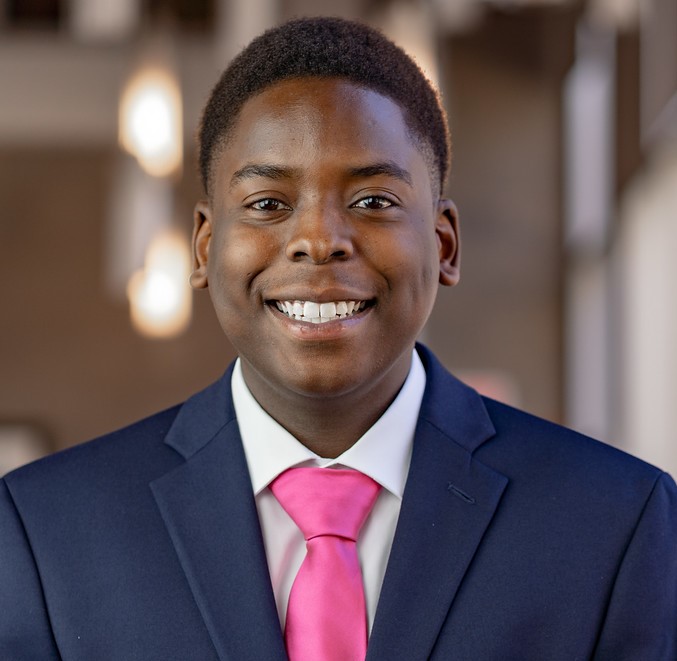
Takondwa Musa
Undergraduate (Senior), Rutgers University
Bio: Senior at Rutgers University majoring in Economics with a minor in Organizational Leadership.
Research Brief: While being hosted at Florida International University, I conducted a social network analysis quantitative study. Under the advisement of Dr. Sukop, Dr. Bolson and PhD student Timothy Kirby, I sought to visualize the interactions within the UWIN network and produce measurements of growth and change.
Email: takondwa.musa@rutgers.edu
William Rainey
Master’s Student in Civil Engineering, Colorado State University
Bio: BSE in Civil Engineering from the University of Michigan. Currently a Master’s Student in Civil Engineering at Colorado State University.
Research Brief: My research looks at quantifying different externalities or “co-benefits” of green infrastructure from different UWIN cities. I am interested in quantifying air quality benefits from different green infrastructure technologies and learning more about urban heat fluxes with vegetated surfaces.
Email: wrainey@colostate.edu
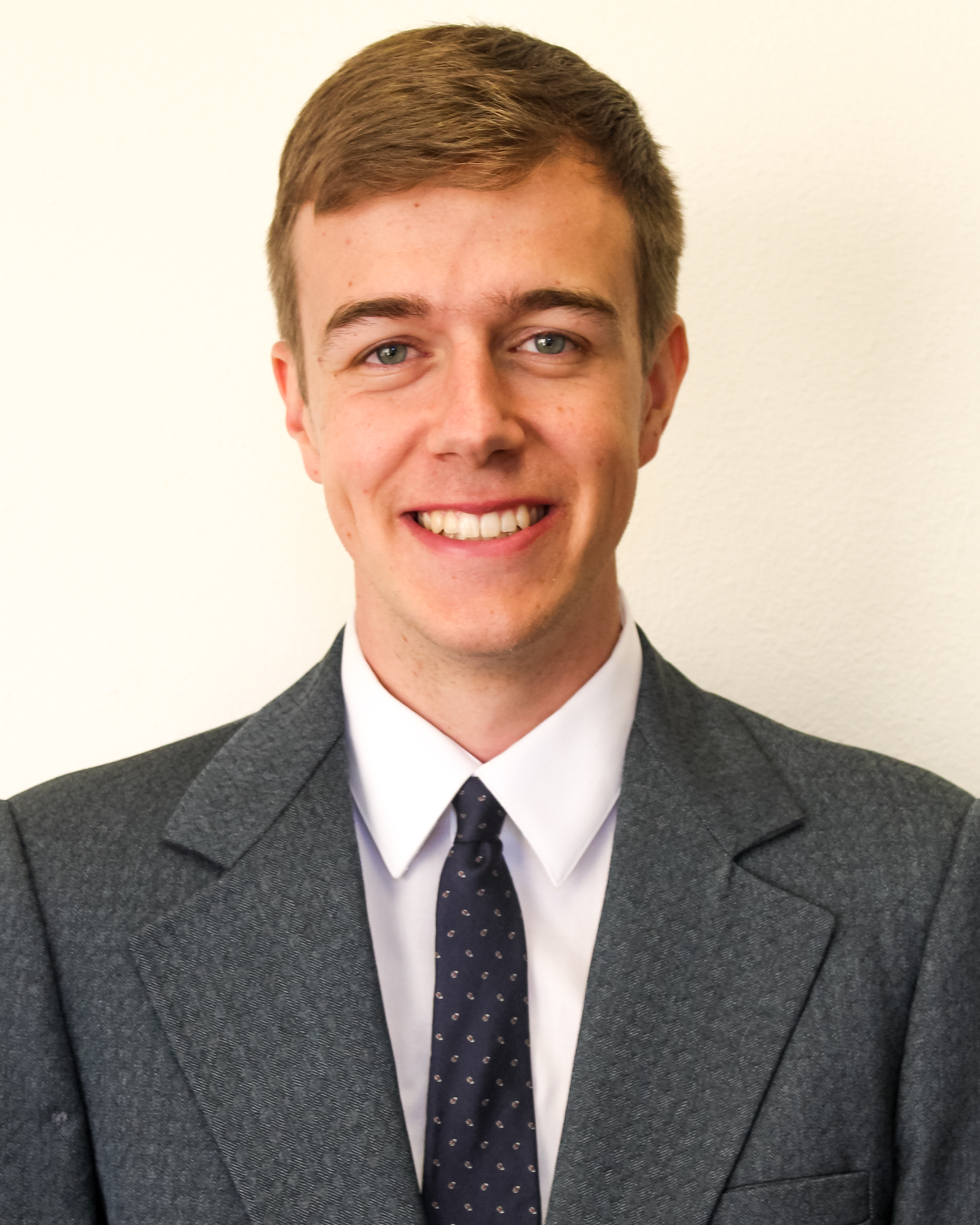
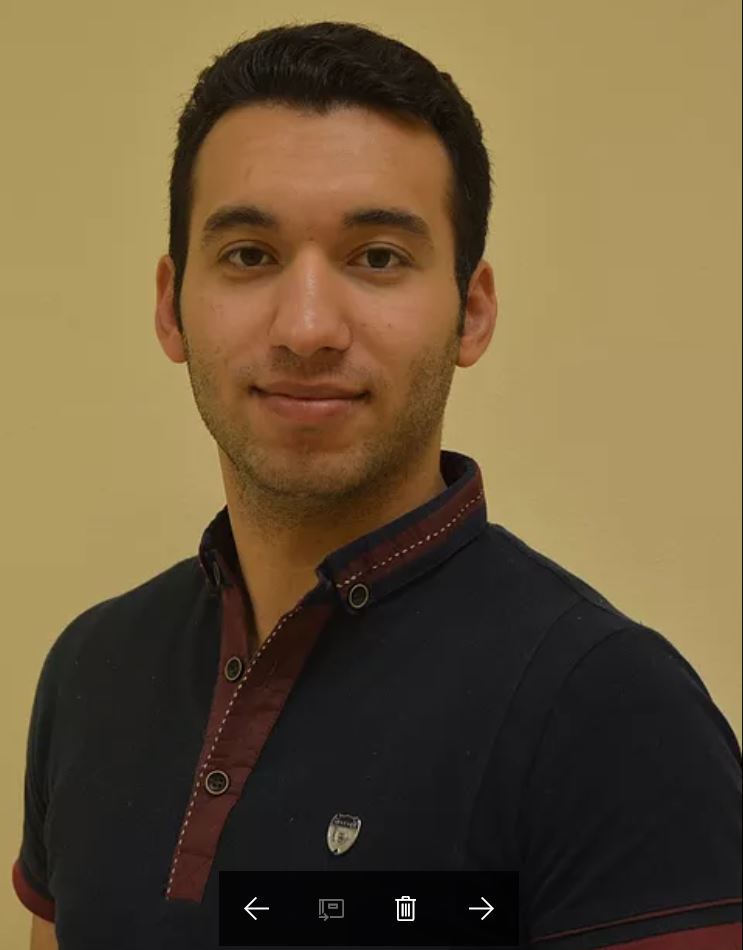
Kambiz Rasoulkhani
PhD in Infrastructure Engineering and Management, Texas A&M University
Bio: B.Sc. in Civil Engineering, M.E. in Construction Engineering and Management, Ph.D. in Infrastructure Engineering and Management from Texas A&M University; Expected graduation date is December 2019.
Research Brief: My research analyzes urban water infrastructure system resilience under the impacts of climate change, population growth, aging infrastructure, and other chronic stressors by developing simulation models based on complex-system and decision theories.
Project Link: https://erams.com/UWIN/b1-1-tamu/
Email: kambiz.r@tamu.edu
Mahdad Talebpour
PhD Candidate in Environmental Engineering, University of Maryland Baltimore County
Bio: Mahdad Talebpour is currently a PhD Candidate in Environmental Engineering at the University of Maryland Baltimore County (UMBC). Mahdad received his MSc in Civil Engineering at Penn State University and holds BSc in Civil Engineering from Persian Gulf University, Bushehr, Iran.
Research Brief: Mahdad had developed a fully-coupled urban atmospheric-hydrological model, WRF-PUCM-ParFlow. The demonstration includes modeling a small watershed in Baltimore to evaluate the effect of coupling of groundwater to the atmosphere in urban system. The next step entails applying WRF-PUCM-ParFlow to three UWIN cities, (Baltimore, Denver, and Portland) to investigate regional urban water-energy interactions. The main research questions to be addressed include: (1) How does the fully-coupled model improve our ability to simulate interactions of groundwater and atmospheric processes in urban areas? (2) How do urban development patterns affect hydrometeorological processes?
Project Link: https://erams.com/UWIN/a2-1/
Email: mahdad1@umbc.edu
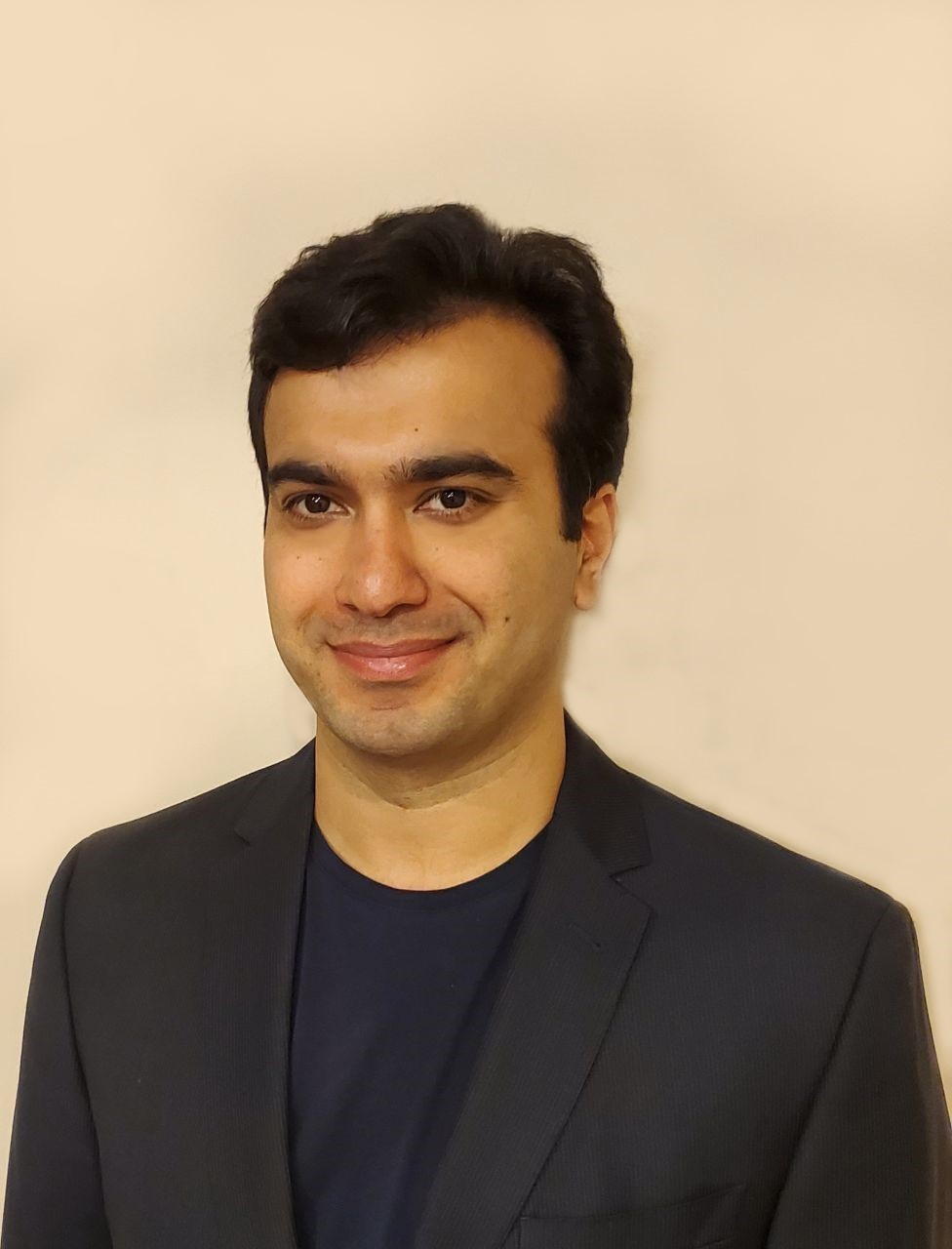
Need to be Added to this Page?
Any UWIN-affiliated students should add their bio and contact information using the link to the document below.
